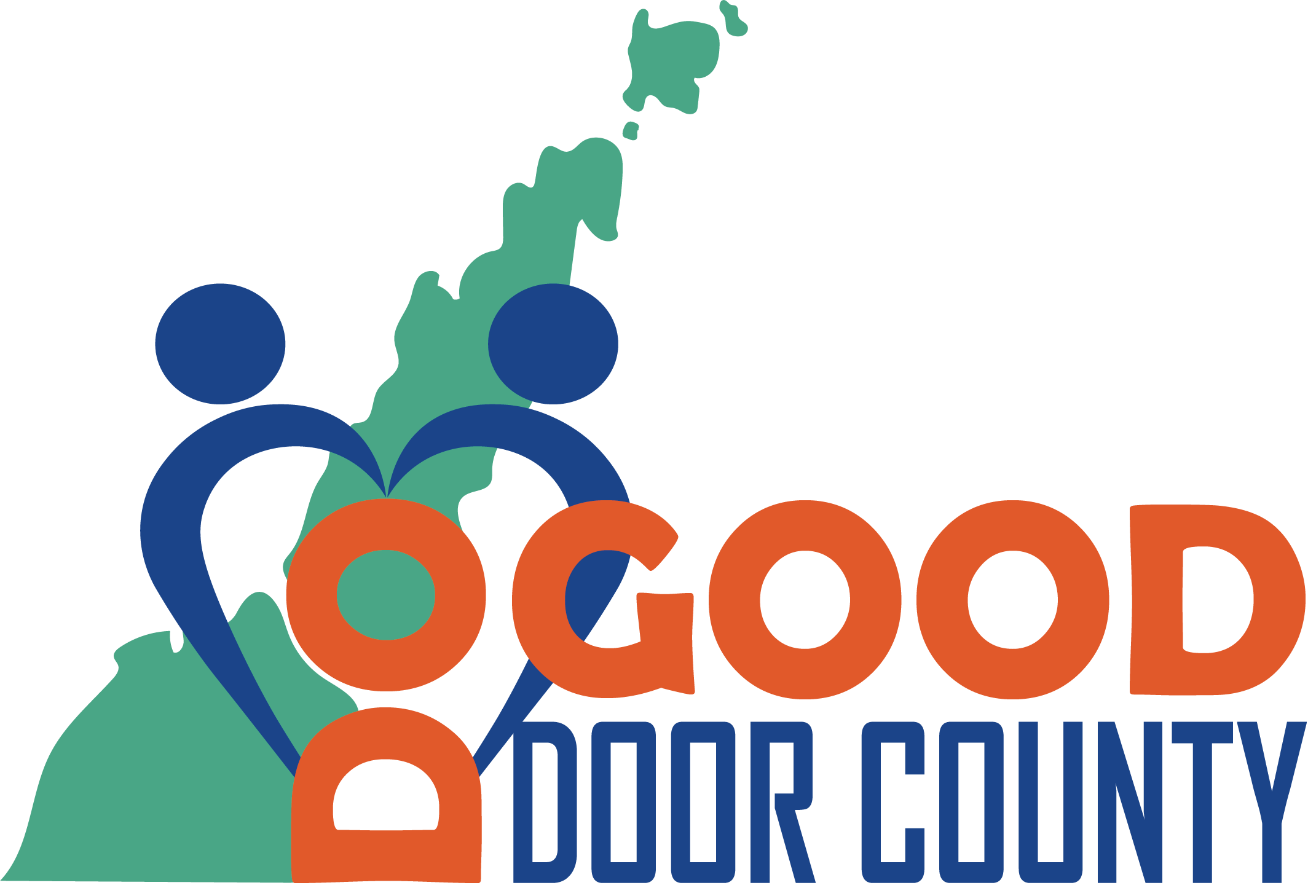By Cynthia Germain
When national policy shifts, the ripple effects can feel far away. But sometimes those waves crash right on our shores. That’s what’s happening with the federal “One Big Beautiful Bill” (OBBB), highlighted recently by Kiplinger. While the bill covers a wide sweep of federal programs, its impact on Medicaid has real consequences for older adults and families here.
Medicaid is the backbone of long-term care. It’s what pays for most nursing home beds and a good share of home-based services. When that backbone weakens, we all feel it — residents, families, caregivers, and communities.
Let’s look at the local picture:
- 64% of Wisconsin nursing home residents rely on Medicaid for their care.
- Dozens of nursing homes have closed in Wisconsin since the pandemic, and provider groups warn the state could see an accelerated wave of closures ahead of staffing shortages and Medicaid underfunding.
- Wisconsin’s Department of Health Services estimates billions in additional state costs if federal Medicaid reductions move forward.
These aren’t abstract facts, they represent parents, grandparents, and neighbors in our community.
The article notes that OBBB delays staffing rules designed to put more registered nurses in facilities 24/7. That delay might save money in the short run, but it means Wisconsin nursing homes are left with the same old challenge: doing more with less staff. Add in Medicaid reimbursement rates that often don’t cover the true cost of care, and you’ve got facilities forced to make tough choices: reduce admissions, defer maintenance, or cut staff. For small or rural nursing homes, these pressures may mean closure.
Wisconsin has been proud of programs like Family Care and IRIS that help older adults remain at home with supportive services. But here’s the catch: if Medicaid funds shrink, those programs feel it too. Home health agencies already run on thin margins. Several in Wisconsin report they can’t take more Medicaid clients. Cuts or restrictions on how states raise funds (like provider taxes) mean less flexibility to protect home-based services. Families are left in the middle, wanting loved ones to age at home, but unable to afford private care when public programs can’t keep up.
What happens when nursing homes close beds and home-based programs scale back? Families step in. A recent analysis warned that unpaid caregivers in Wisconsin will shoulder even more responsibility if Medicaid reductions go through. That’s not just hours of care. It’s missed work, financial strain, and emotional stress. For many, caregiving becomes a full-time second job without pay or benefits.
So It’s easy to feel powerless when the decisions are made in Washington. But here are steps we can take closer to home:
-
- Stay informed. Track how these changes unfold in Wisconsin. The Department of Health Services posts updates and projections.
-
- Support local providers. Whether through volunteering, donations, or simply listening to their challenges, let’s back the organizations serving our older adults.
-
- Advocate. Contact your state legislators and share why protecting Medicaid funding for long-term care matters to you and your family.
-
- Strengthen community networks. When formal care shrinks, informal support becomes more vital. SAIL (Senior Advocacy for Independent Living) is one example, and Do Good Door County is furthering initiatives based on the Village Model to help neighbors support neighbors.
-
- Push for innovation. Models like small-home nursing facilities, caregiver stipends, and expanded respite programs can make Wisconsin a leader in reimagining long-term care.
The Kiplinger article reminds us that federal policy decisions matter. But we don’t have to wait and watch. By paying attention, speaking up, and caring for one another, we can ensure that older adults, whether in nursing homes or at home, have the dignity, safety, and support they deserve.


Cudos to Cynthia Germain! That was an excellent article. I just feel like the rich folks are making themselves richer at the expense of everyone else.